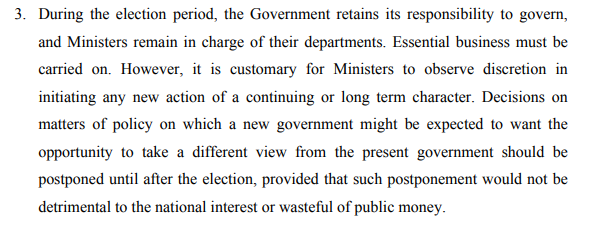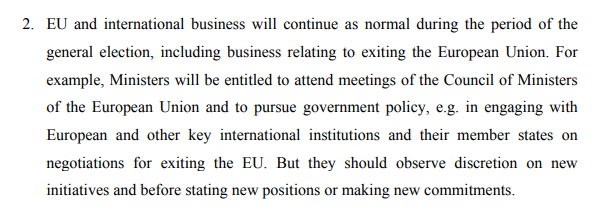There's a lot of very talented journalists in Westminster but the institutional norms are horrible and damaging to democracy.
Major scoops about pre-war intelligence turned out to be false but whereas U.S. journalists responded by tightening up their act, the Brits failed to change.
Why is this person talking to me? How does this benefit them? How reasonable is their justification for seeking anonymity? Am I giving too much away to my source? publiceditor.blogs.nytimes.com/2016/03/15/new…
It was, incontestably, based on a single source (ironic, given that one of the problems it cited with the "45 minutes" claim in the dossier was that it was single-source and thus unreliable).
Gilligan turned *speculation* Campbell was responsible into a reported *fact*.
One of the last messages he received was an email from Judith Miller.
One part if it is they got the big picture right: The WMD claims being put out by the New York Times and British government were exaggerated or fabricated.
Both the Times and the BBC got their stories wrong, but at least Today was discomfiting the powerful.
Reporting standards that were sloppy before 2003 continued to slide.
I remember when I worked at the FT we took great pride that *sometimes* the U.S. media would chase our scoops.
The principle is the same in police work and intelligence.
Even the notorious "Investigating Trump's Ties to Russia, FBI Sees No Clear Link" story from October 2016 had some solid reporting:
nytimes.com/2016/11/01/us/…
British journalism falls at the first hurdle. (ends)















